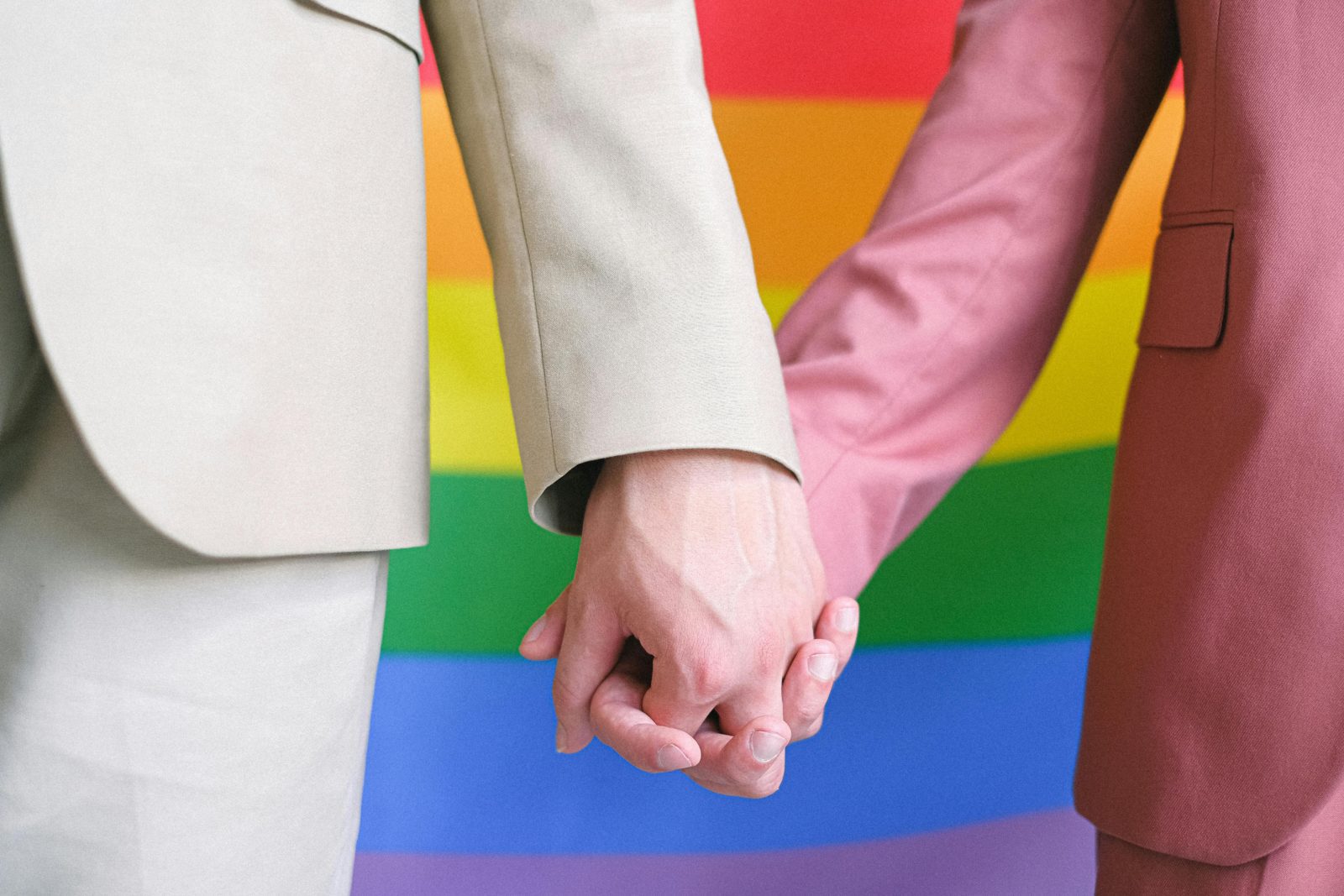In a recent report, it was revealed that last year, 63% of the LGBT+ community in the Czech Republic encountered some form of harassment. This figure, which includes threats of violence or offensive comments due to their sexual orientation or gender identity, is the highest among countries in the European Union. The findings are based on a European Union Agency for Fundamental Rights survey.
Violence against the LGBT+ community in Europe has increased since a similar survey was conducted in 2019. Last year also saw more than a third of the community members contemplating suicide. The frequent victims of physical or sexual violence among the LGBT+ community in Europe are intersex people, those born with a combination of male and female sexual characteristics. Transgender people are the second most affected group, while bisexual women encounter violence the least.
The survey also revealed that besides the Czech Republic, LGBT+ community members in North Macedonia and Albania, which are not EU members, are the most likely to face harassment, especially in the form of threats of violence.
The survey uncovered alarming rates of suicidal thoughts among the European transgender community, with 60% of transgender men and 59% of transgender women considering suicide. Non-binary individuals who do not identify as either male or female were four percentage points behind. The most suicidal thoughts were reported by LGBT+ community members in Albania, with the figure standing at 31%. In the Czech Republic, 14% of people reported frequently or always thinking about suicide.
In terms of job discrimination, 15% of Czechs who identify as part of the LGBT+ community reported facing discrimination related to their orientation or identity while at work or job hunting last year. This figure remains unchanged from the survey conducted five years ago.
In conclusion, the rise of harassment and violence against the LGBT+ community is alarming. The findings highlight the urgent need for policies and measures to protect these individuals and their rights. The survey results are a clear call to action for governments and society.





